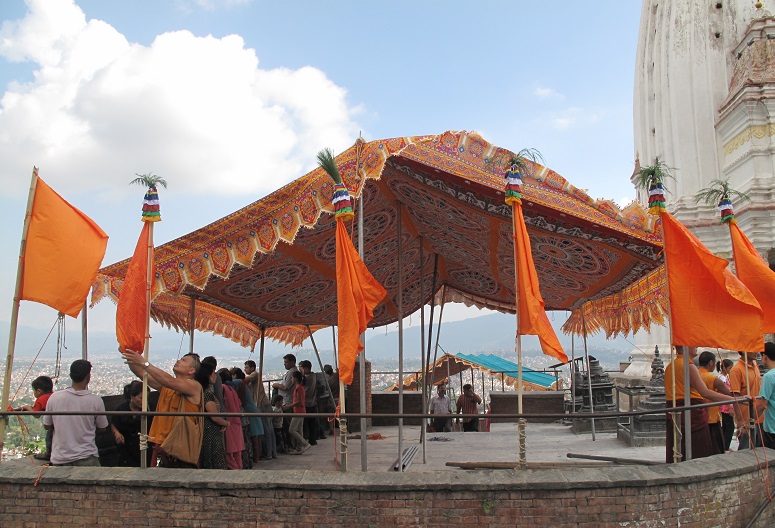
As Nepal prepares for its first election following the introduction of a new Constitution two years ago, its parliament has passed a Bill criminalising religious conversion and the “hurting of religious sentiment”, as Christian Solidary Worldwide (CSW) reports.
Nepal’s Christian minority fears that, once presidential approval is given, the new law will be abused by those seeking to settle scores – as has happened frequently in neighbouring India.
On 10 August, Nepali MP Lokmani Dhakal asked for the removal of the sections criminalising conversions, saying: “It seems very clear to me that this country, when preparing the civil code, has forgotten it is a signatory to international treaties that protect the freedom of religion and human rights… Please don’t let it be possible for the world to say of Nepal that we are the kind of nation that on the one hand signs international treaties, but when making internal laws, and in implementing them, does something else.”
Last year, eight Nepali Christians were charged with “proselytising” for distributing a pamphlet about Jesus in a Christian school in Charikot, while helping children through the trauma of the 2015 earthquake. The charges were eventually dropped.
CSW’s Kiri Kankhwende said: “We are deeply concerned that if this Bill becomes law, we will see more cases like Charikot and further restrictions on the right to freedom of religion or belief in Nepal. The lesson from India is that anti-conversion laws not only restrict the rights of an individual to adopt a religion of their choice, but also put religious minority communities at risk of hostility and violence.”
Last May, the former Executive Director of Caritas in Nepal criticised a campaign asking Parliament to reduce penalties for converting someone from another religion, saying it didn’t go far enough.
“Asking for a reduction in punishment is not part of the solution to the big problem that is looming in front of us,” Father Silas Bogati said. “In practice the government is curtailing religious freedom by making religious conversion a criminal offence.”
Nepal’s 2007 interim Constitution declared the country a secular state that maintained neutrality in religious affairs. That was further endorsed when the government approved the new Constitution in September 2015, despite strong protests from Hindu nationalists, who wanted a return to Hindu statehood and who continue to protest over the word “secular” – a word they say is inappropriately adopted from the West.
Hindus were dominant in Nepal’s most recent (2011) census at 81 per cent of a population of 26 million. Christians showed a rise of one per cent to 364,000 since the last census in 2001. But observers felt the figures were wrong, as newly converted Christians would be afraid to state their religion and so remain registered as Hindus, and residents absent when the data was collected were recorded as Hindu.
